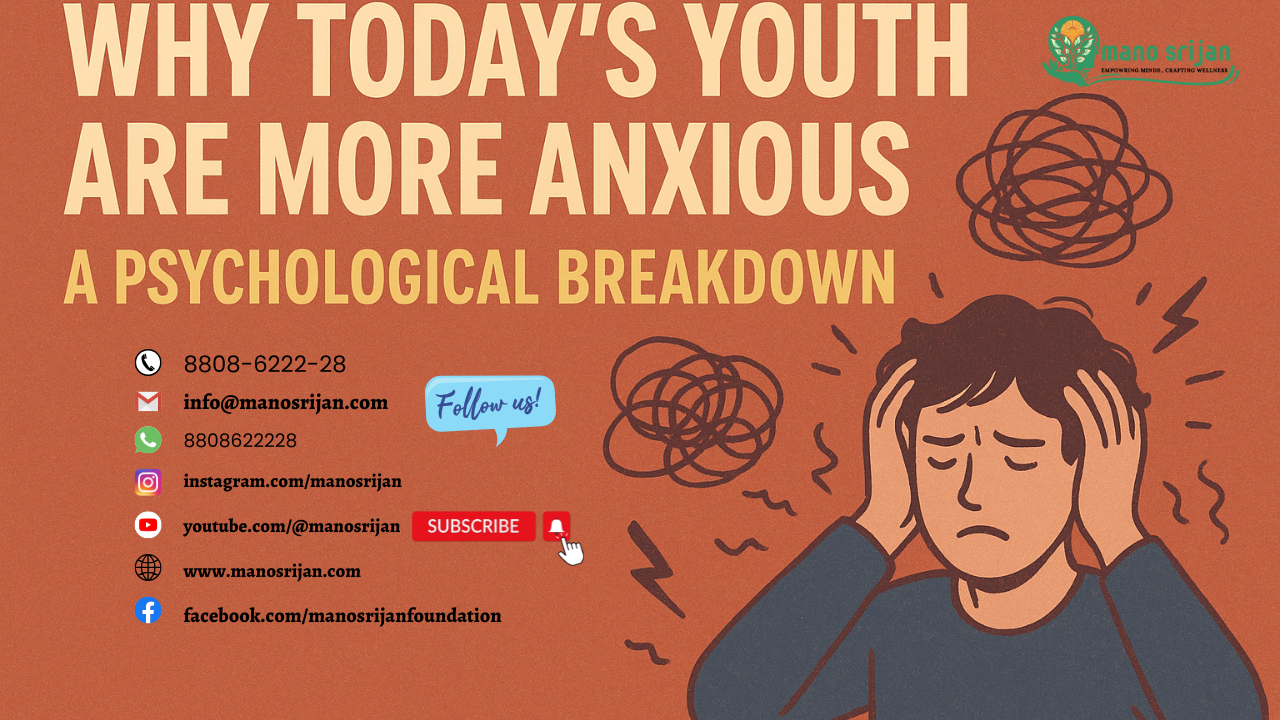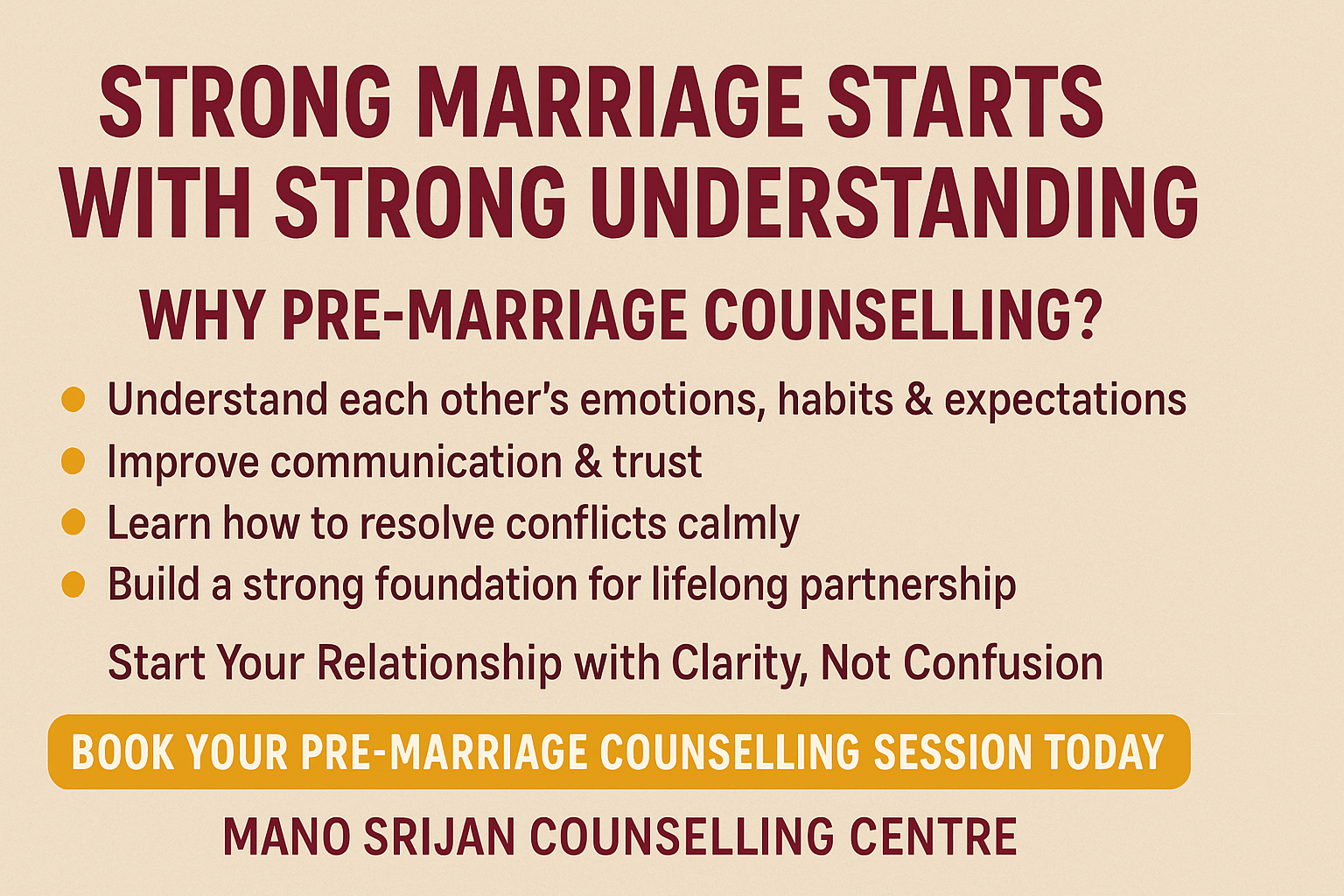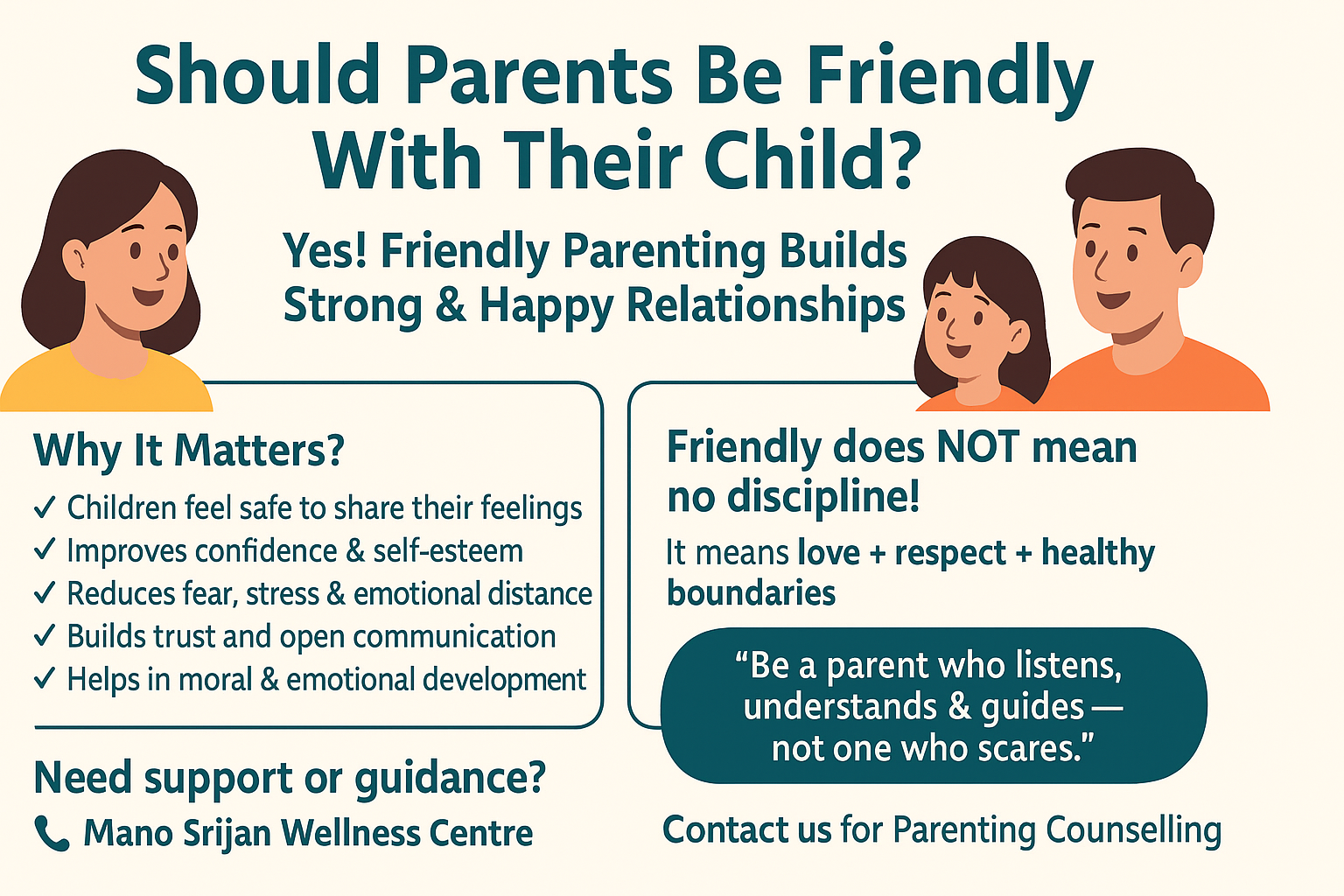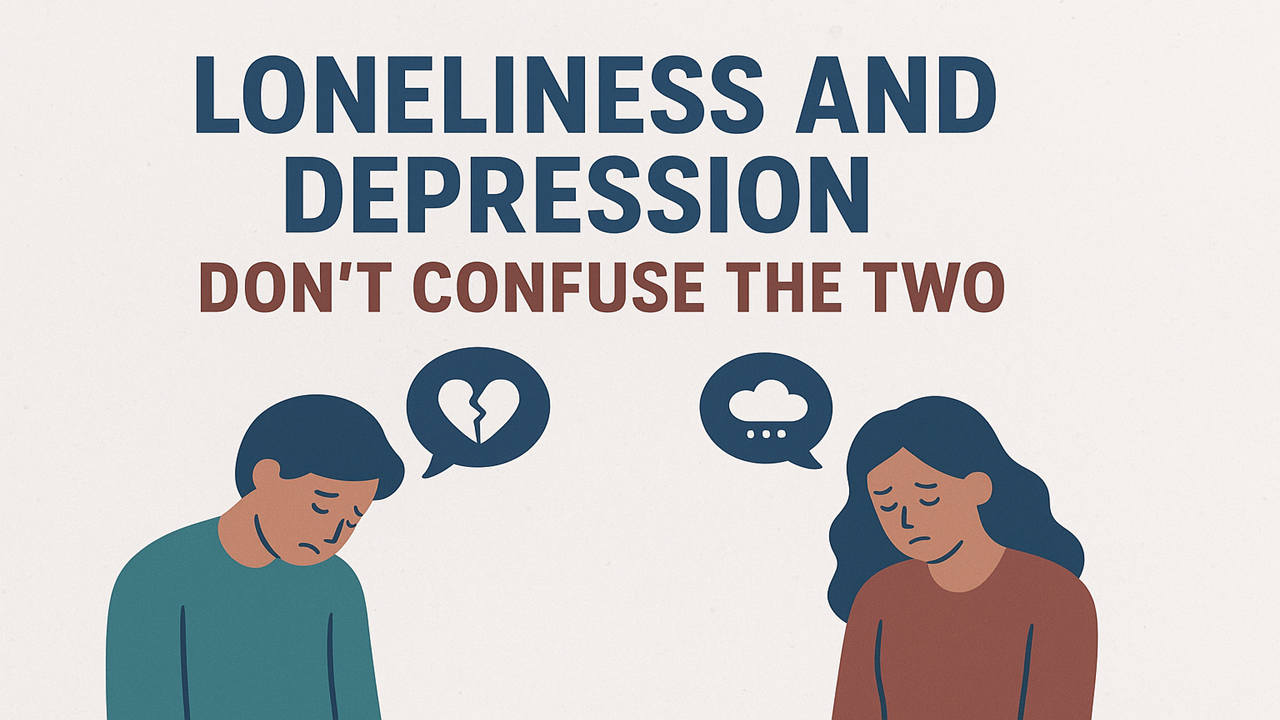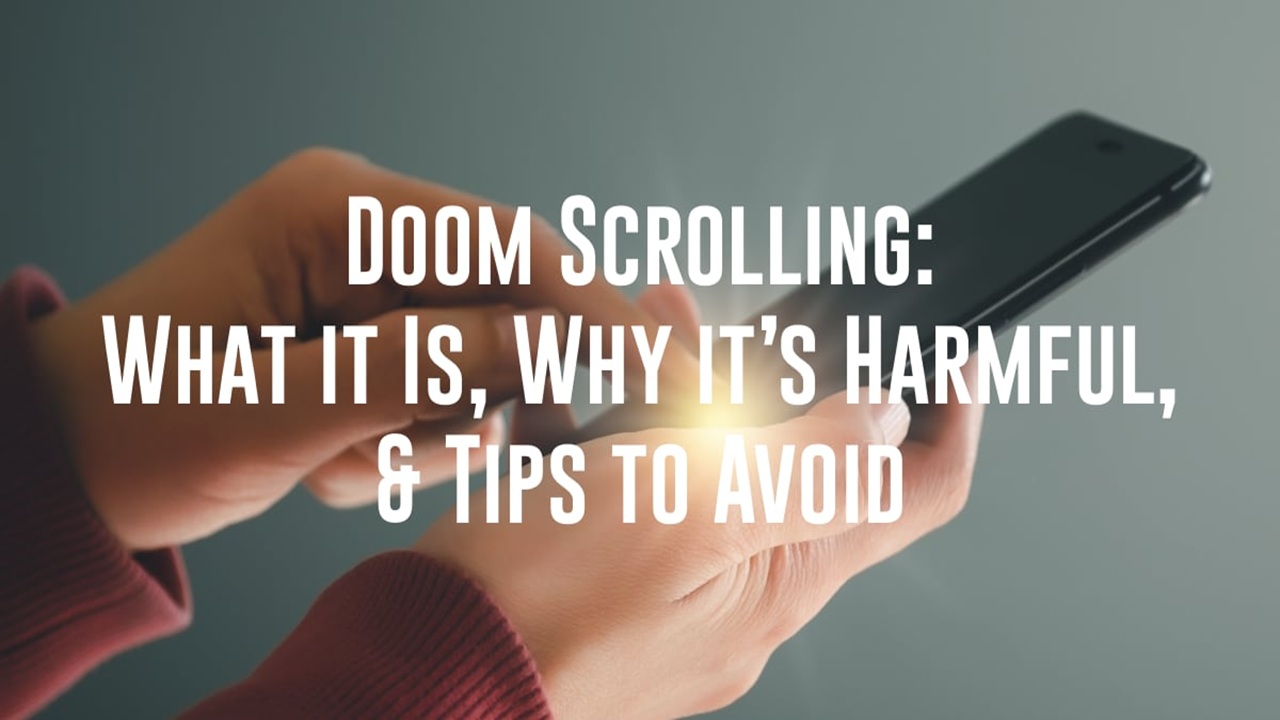
- 25 Feb 2025
- Ekta Shukla
Doom Scrolling
In today's digital age, the term "doom scrolling" has become increasingly prevalent. It describes the habit of endlessly scrolling through social media or news feeds, consuming a barrage of negative information. This phenomenon, while seemingly harmless at first glance, can profoundly affect our mental and emotional well-being.
Understanding Doom Scrolling
Doom scrolling refers to the compulsive behavior of continuously scrolling through news articles, social media posts, or online content that primarily focuses on negative events, disasters, tragedies, and crises. It's a behavior driven by a mix of curiosity, anxiety, and the need to stay informed.
Psychological Impact
The psychological impact of doom scrolling is significant. Constant exposure to negative news can lead to heightened levels of stress, anxiety, and even depression. The human brain is wired to react strongly to negative stimuli, which can trigger a cycle of fear and despair, especially when the negative news appears relentless and pervasive.
Social and Emotional Consequences
On a social level, doom scrolling can affect interpersonal relationships. Individuals may become more irritable, pessimistic, or withdrawn as a result of prolonged exposure to negative content. It can also foster a sense of helplessness or hopelessness about the state of the world, impacting one's overall outlook on life.
Cognitive Overload and Productivity
Moreover, doom scrolling contributes to cognitive overload. Constant exposure to information, much of it negative and often sensationalized, can overwhelm our cognitive resources. This overload can impair our ability to concentrate, make decisions, and engage in productive activities, ultimately affecting our work and personal lives.
Coping Strategies
To mitigate the effects of doom scrolling, it's essential to adopt healthy media consumption habits:
Set Boundaries: Limit the time spent on social media and news websites. Designate specific times of the day for catching up on news updates.
Seek Reliable Sources: Be discerning about the sources of information. Focus on reputable sources that provide balanced reporting.
Practice Mindfulness: Stay mindful of your emotional responses while scrolling. Take breaks, practice deep breathing, or engage in activities that promote relaxation.
Engage in Positive Activities: Balance your media diet with uplifting content, hobbies, exercise, or spending time with loved ones.
Conclusion
In conclusion, while staying informed is important, the way we consume information matters equally. Doom scrolling poses real risks to our mental health and well-being, emphasizing the need for conscious media consumption habits. By being mindful of our digital behaviors and prioritizing self-care, we can navigate the digital landscape more effectively, promoting a healthier balance between staying informed and preserving our mental health.

